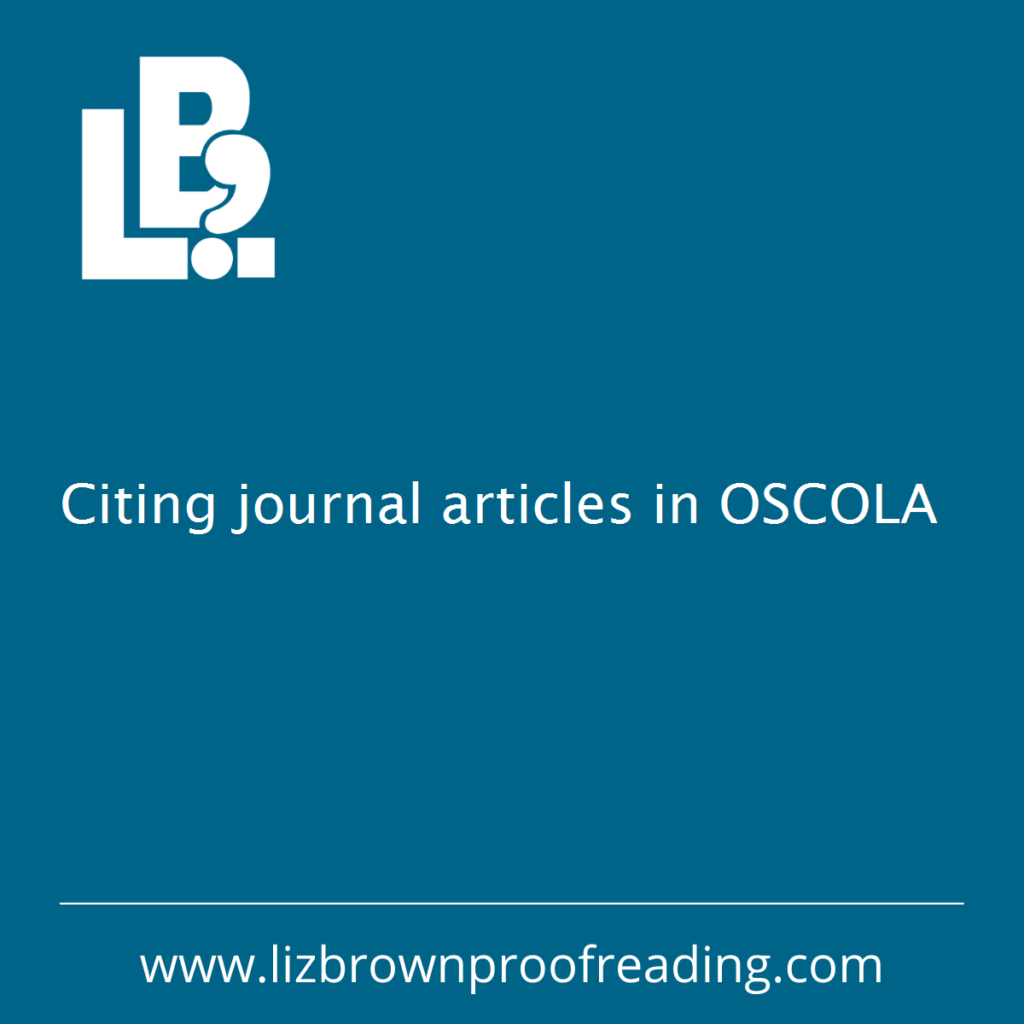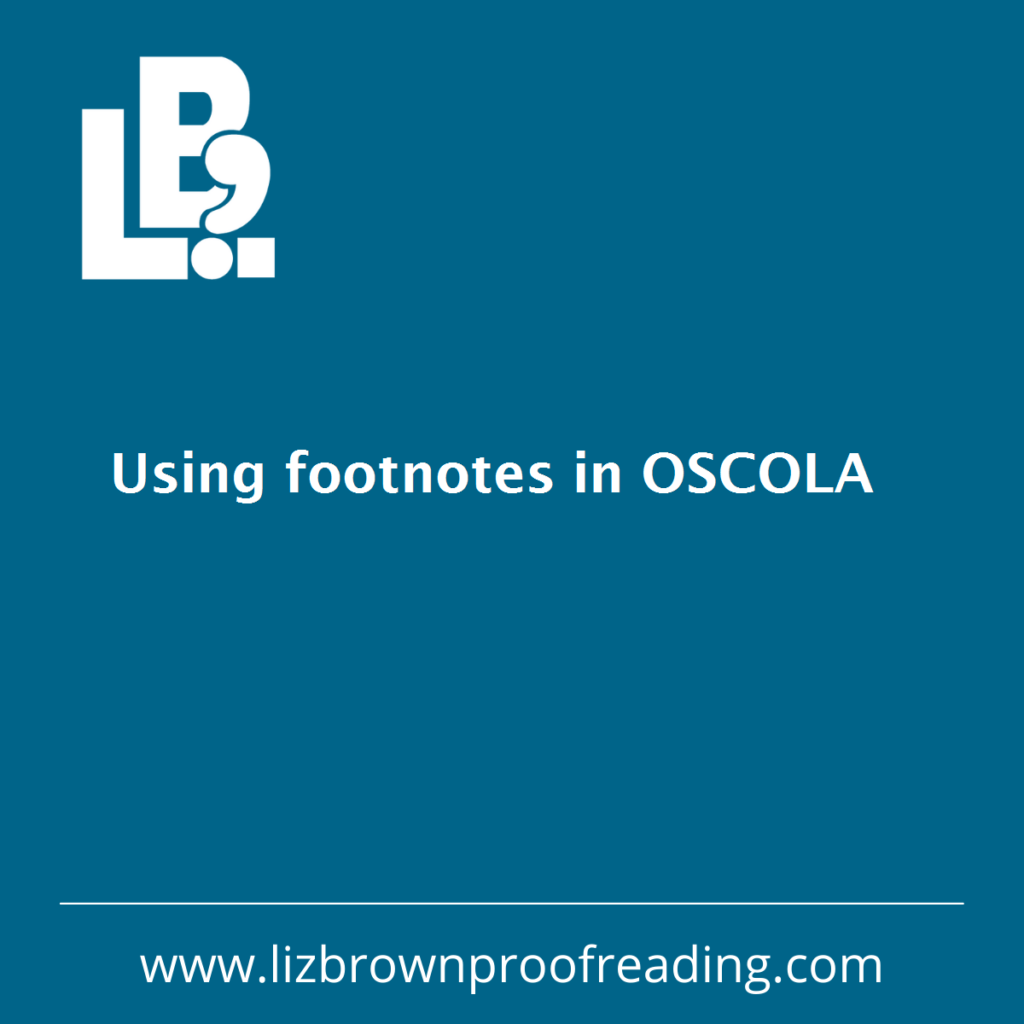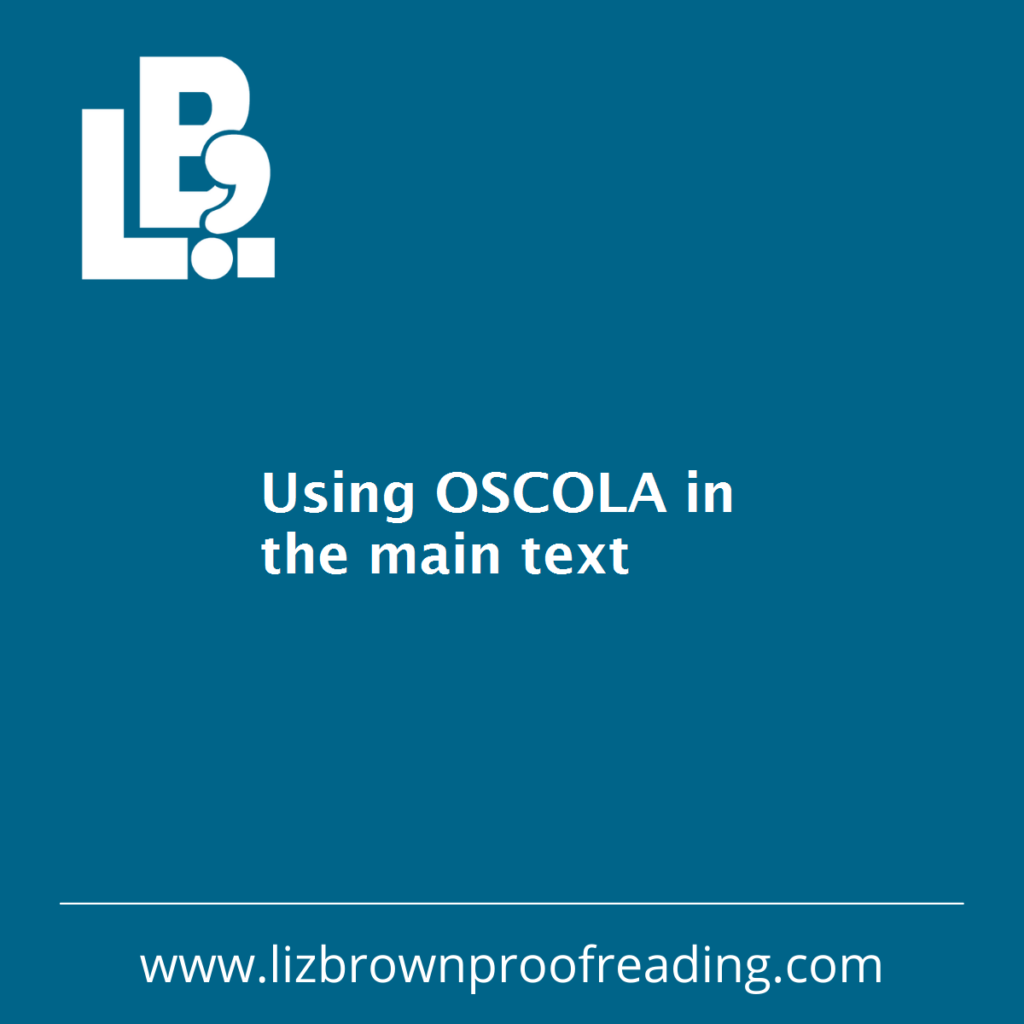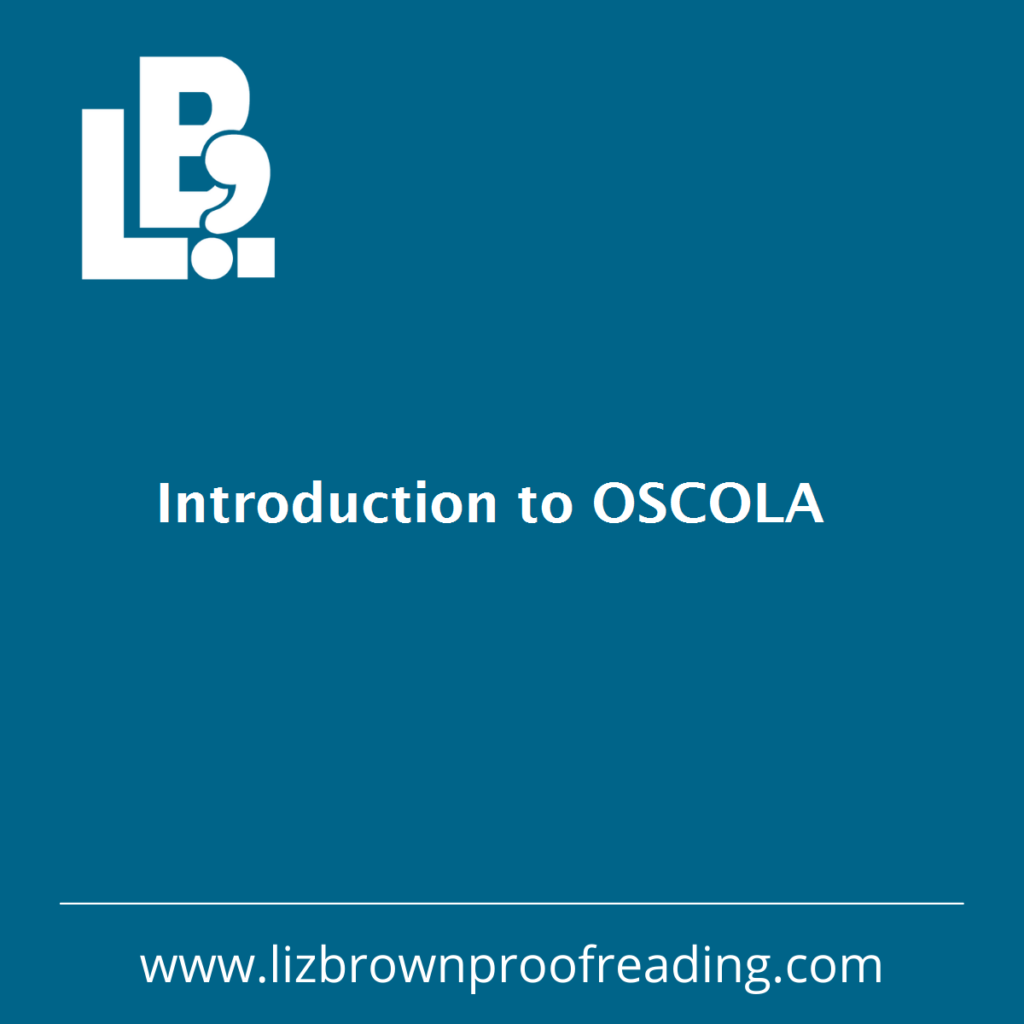Citing journal articles in OSCOLA
If you’re writing a law assignment then there’s little doubt that, at some point, you’ll need to make reference to some previous research or cite a quotation from a legal journal. The citation style is quite simple, but remember that it is different from the citation of a book. The most important point is that […]
Citing journal articles in OSCOLA Read More »







